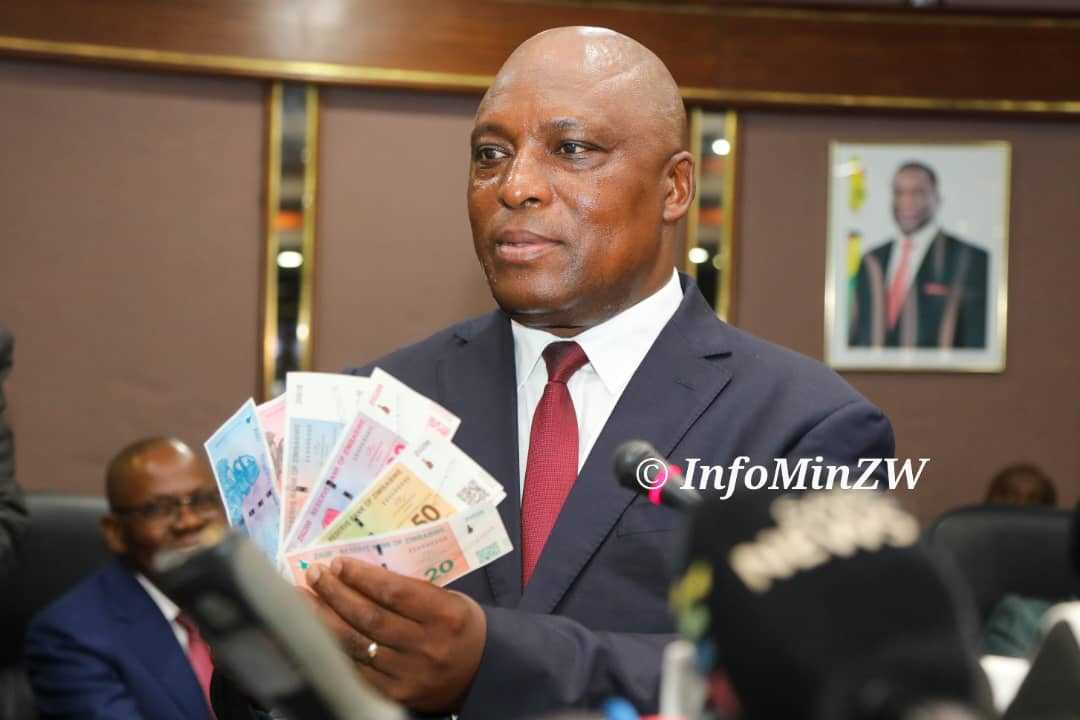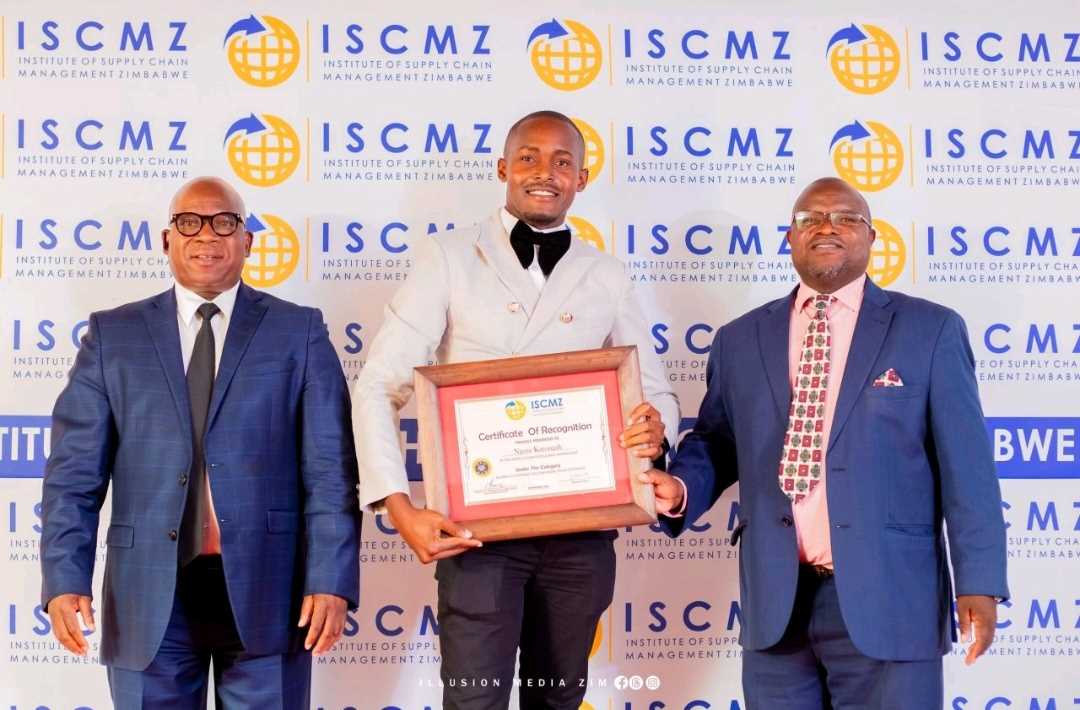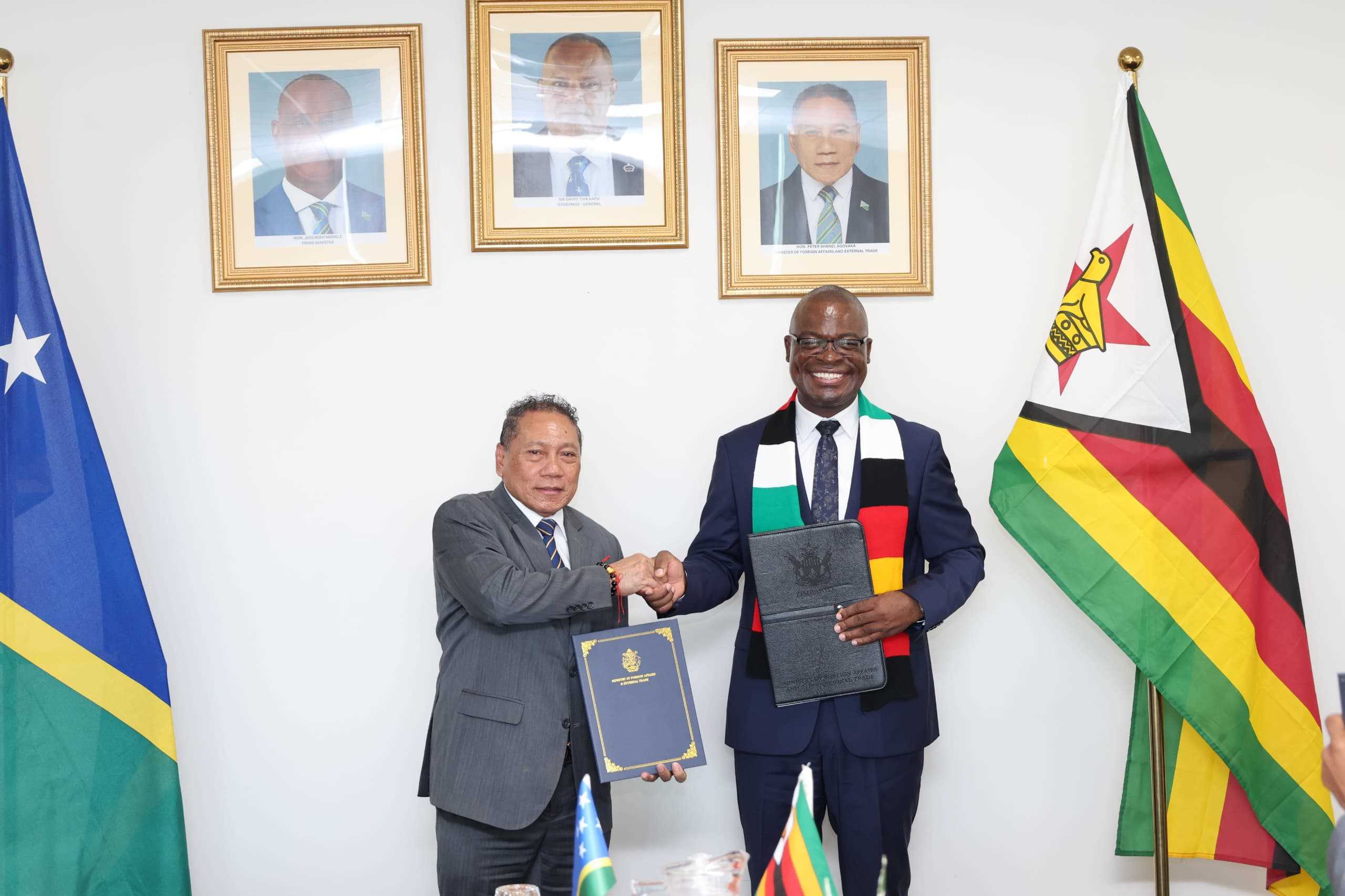
Audrey Galawu
ASSISTANT EDITOR
As the Reserve Bank of Zimbabwe has started an outreach campaign to get widespread acceptance of Zimbabwe Gold analysts says regular verification of national gold reserves by external auditors is an important way of instilling confidence in the currency.
Government is battling for acceptance of the currency it introduced in April and has taken to threatening businesses with courts detaining over 400 unregistered forex dealers awaiting trial.
Speaking to Zim Now, Economist Dr Prosper Chitambara said independent auditing the ZiG is essential for its success as it instils confidence of the people in the new currency and the RBZ.
“The Auditor General can play that role but I think there is need for periodic reporting of our reserves probably on a quarterly basis to Parliament. I think this will also be critical to enhancing transparency which is key for people to have continual confidence in the RBZ.”

The Auditor-General is legally mandated to audit the RBZ reserves under the Audit Office Act [Chapter 22:02], The Reserve Bank of Zimbabwe Act [Chapter 22:15], the Constitution of Zimbabwe under Section 308 and 309 which empower the Auditor General to audit the accounts of all public entities and the Public Finance Management Act [Chapter 22:19].
When President Mnangagwa inspected the gold reserves prior to launch of ZiG, social media comments showed that few Zimbabweans felt confidence in the show.
Many economists and the general public have expressed the opinion that auditing of both the cash and gold serves as a tool to ensure transparency and avoid corruption and looting of the gold.
However, questions have been raised on who is best to perform auditing on the reserves to revive trust and confidence of people in the RBZ.
Financial expert Dr Admire Dube said although the Auditor-General is the only one legally mandated to conduct the audits, when it comes to buy in, more needs to be done.
“When we are looking at the issue of who should audit, we should consider why the question is coming up because the why of the question will determine the suitability of the options available to us.
“The supreme law of the country gives power to the Auditor General to carry out the auditing. The suggestions of an alternative way of auditing the RBZ are being raised due to lack of trust, it is because there is need to build confidence around the institution.
“If it’s an issue of trust, is there trust in the Auditor-General who reports to the government itself or is it not a case of the left hand supervising the right hand? The government is supervising itself via another arm,” he said.
In a recent X poll carried out by Dr Dube, almost half of the people who responded prefer to have top four auditing firms take over the role of the Auditor General with over a third preferring the Bretton Woods Institutions.
Related Stories
Dr Dube, however, advocated a Tripartite Negotiating Forum which is a comprehensive entity encompassing labour, industry and government.
Dr Dube is of the view that the TNF offers a robust platform for consensus-building, which is paramount when contrasted with the conventional approach of engaging one of the ‘Big Four’ audit firms.
He stated that the TNF has an Act which is Act 3 of 2019 which brings together directly all the people who are using the ZiG and from whom we need the confidence.

“In the context of auditing RBZ’s currency reserves, to me the TNF emerges as a superior instrument, particularly in light of recent developments where one leading audit firm has transitioned to local management, while others long left Zimbabwe.
“Contrary to the prevailing preference for the ‘Big Four’, I advocate for the TNF, which is given strength by Act 3 of 2019, as a legally sound and pragmatic choice. The TNF’s composition is its strength: that is government representatives who shape policy, labour advocates who represent the transacting populace whose confidence is essential for the currency’s functionality and industry experts whose technical expertise rivals, if not surpasses, that of the audit firms anyway.”
Dr Dube added the idea of the TNF ensures a technically proficient audit of the reserves and subsequent recommendations, fostering a stable economic environment and consensus built roadmap.
“Also, all four have encountered global scrutiny over their auditing practices elsewhere in the world following incompetent or even corrupt reports. These firms recently have occasionally failed to meet their Key Performance Indicators, undermining their credibility after all.”
Only a minority have said independent auditors would be a waste of time and resources.
One such voice is Loyd Mashayamombe:
“The Audit-General is the only one constitutionally mandated to conduct audits of the RBZ. The argument for an independent auditor, whilst it is noble, has no constitutional standing or validity. We will just end up creating parallel structures of governance for convenience or simply because of mistrust on the Audit-General.
“You can’t take a private firm, local or international to audit the government when the Auditor-General is there. So the Constitution itself should first be changed to allow for the provision.”
The National Competitiveness Commission in a report said the government and relevant stakeholders should work to improve confidence in the use of the local currency by widening its use-ability in the payment for all government services, including fuel and tax obligations.
“Using local currency in trade reduces the country’s exposure to external shocks such as imported inflation and global financial recession. This ability to insulate the economy from such shocks grants the county a competitive edge,” said the report.
Currently some services and products like passports and fuel are only available in US dollars.


















Leave Comments